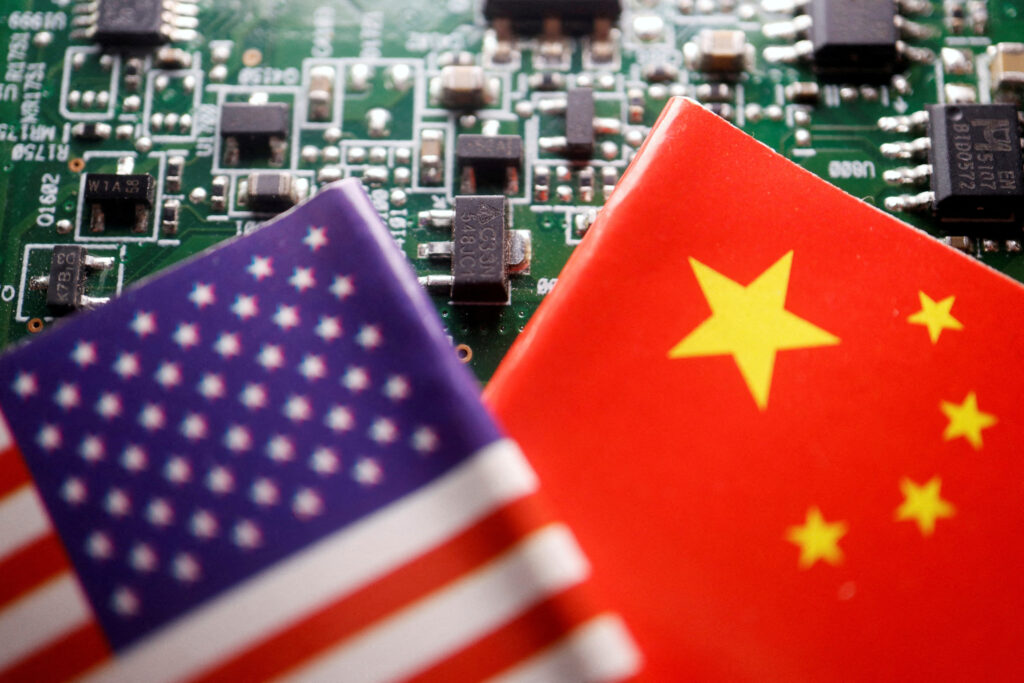US curbs TSMC’s tool shipments to China after revoking the company’s special authorisation that allowed it to ship American chipmaking tools without a licence. The decision marks the latest strategic step by Washington to restrict Beijing’s access to advanced technology while balancing ongoing trade negotiations.
Washington Revokes Licence-Free Status
The US commerce department informed Taiwan Semiconductor Manufacturing Company (TSMC) that its licence-free status for the Nanjing plant will end by December 31, 2025. This means shipments of American chipmaking tools to China will now require individual export licences. The move does not block exports outright but increases regulatory oversight and slows down operations.
Impact on TSMC’s Nanjing Facility
TSMC’s Nanjing plant produces chips for consumer electronics and industrial applications. While its most advanced chip production, including high-performance AI processors, remains in Taiwan and the US, the Nanjing facility plays a significant role in global supply chains. TSMC reassured stakeholders that it would maintain operations while engaging with Washington to manage the new restrictions.
Ripple Effects Across the Chip Industry
The announcement immediately affected global markets. TSMC shares in New York fell by 1 percent, while US chip equipment makers such as Applied Materials, Lam Research, and KLA also reported declines. Similarly, South Korea’s Samsung and SK Hynix, which had their own licence-free statuses revoked earlier, experienced share price drops.
US-China Technology Tensions
These export control adjustments come amid ongoing trade talks between the US and China. Washington aims to limit technology transfers that could enhance China’s semiconductor capacity, particularly in artificial intelligence processors. According to recent reports, China plans to triple AI chip production in 2026, intensifying competition in the global technology race.
TSMC Expands in the US
In response to US policy shifts, TSMC has committed to investing $100 billion in American chip manufacturing, including facilities in Arizona. This aligns with Washington’s strategy to boost domestic production capacity while reducing reliance on overseas operations.
Balancing Policy and Business Interests
Although the revocation signals stricter controls, the US commerce department emphasized that licences would still be granted for maintaining existing facilities in China. However, approval will not extend to capacity expansions or technology upgrades at Chinese fabs. This careful balance highlights Washington’s effort to regulate advanced chip exports without collapsing existing supply chains.
Looking Ahead
The decision to revoke TSMC’s authorisation underscores Washington’s evolving approach to technology exports and its implications for the semiconductor industry. As tensions with China remain high, the move could reshape global chip supply strategies while intensifying the push for stronger domestic manufacturing in the US. For related updates, visit our technology news section.

